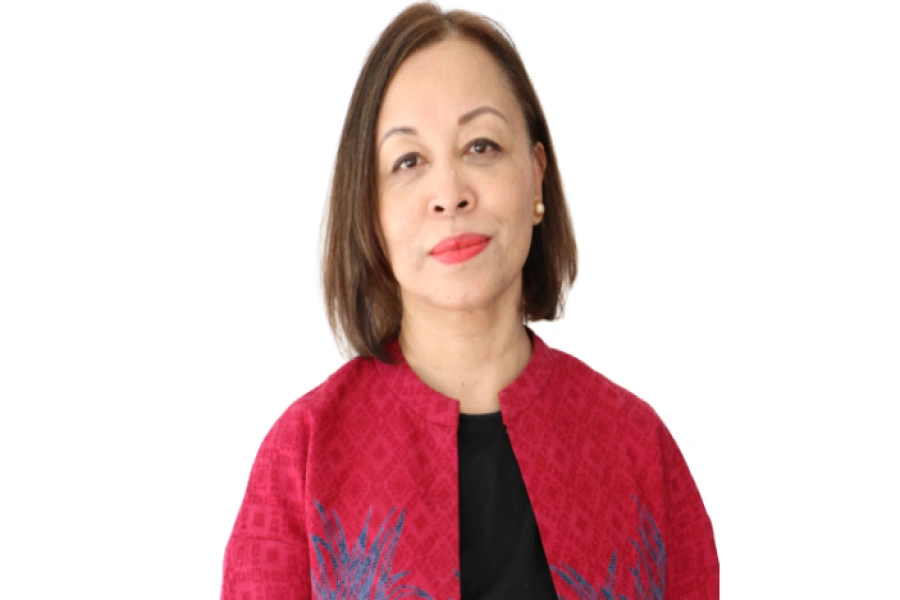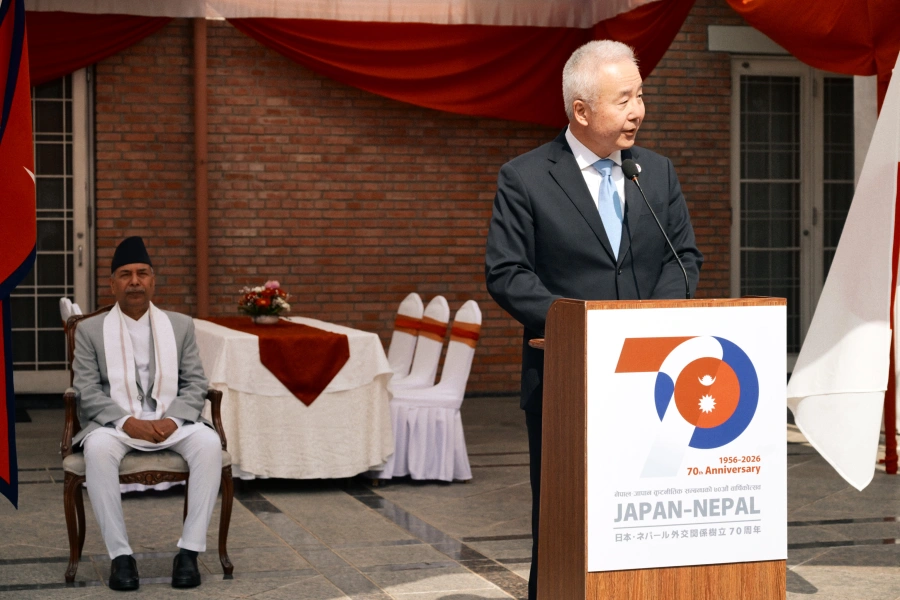It is shocking to see a sizable crowd of educators from all over the country protesting the recently tabled Education Bill. Contrary to the prevailing notion that these teachers were mere pawns of political parties, this spectacle sparked serious questions.
The bill, which came in a dramatic style without any planning or adequate consultation of opposing or supporting interest groups, was like an expression of lip-service politics. The government, which has made the owner of a private school the minister for education, has no way of facing the opponents of private schools. Groups of teachers, municipalities, and parents started advocating for their own interests. It happens if there is no protest by those who are in favor of public education or against the privatization of education.
The student organizations would show their loyalty by working according to the vision of their own party. What should have been an open and wide debate among the stakeholders on this matter?
Accountability Dilemma
In the current situation, the law cannot be implemented without the consent of those with power and access. There are three main stakeholders in the education sector namely the private school owners, teachers who only seek to get service in the name of security, and a bureaucracy that is invisible and has the power to tighten the screws.
Local levels draw attention of federal parliamentarians to foll...

The parties responsible for balancing and coordinating all these are like old parents who are blinded by the limitations of their knowledge and perspective. It remains to be seen whether MPs will play their role. If the parties do not issue a whip on this bill, the country will suffer a lot.
While analyzing this bill, the main challenge seems to be the mandatory provision that private schools should be converted into non-profits organisations within 5 years.
The key thing to learn is how schools can be made accountable to parents, with or without government. What is the meaning of free school education when they charge fees?
Education Oversight
In addition, the opposition generated by the bill is a power struggle between the municipality, teachers, and employees. According to the constitutional arrangement, the basic dissatisfaction of the teachers is seen in the fact that the municipality supervises the teachers while arranging the school education. Of course, questions about the capacity of the municipality have also been raised.
Although the objective of the Education Bill 2080 is mentioned in the preamble as 'to manage and run the school by maintaining equality, uniformity, and quality', it does not seem to be able to cover the contents of the bill.
How can we make school-level education equitable? How can we provide quality education to the students of urban areas, rural areas, hill areas, Himalayan areas, and high Himalayan areas based on consistency? How will the teachers be managed? How will the evaluation and examination systems work? What are the criteria for ensuring the local curriculum? How can we ensure the adoption of an educational system based on a scientific system? Who is in charge of teachers’ capacity development? The law is not clear on these matters.
Constitutional Concerns
The Constitution of Nepal 2072 guarantees free education up to the secondary level as a fundamental right, but the basis of this guarantee is not mentioned in the law.
There is also no clarity as to what work will be done by the Federation, State and Local Levels.
The constitution has given the right to school education to the local level. In such a situation, mentioning the creation of a district education office is not only ignoring the constitution but also increasing unnecessary administrative expenses.
This bill is incompatible with the division of labor regulations of the provincial government approved by the Government of Nepal.
Overall, the Education Bill raises significant concerns that must be addressed to ensure equitable, high-quality education for all in Nepal. It requires a more comprehensive, consultative, and forward-thinking approach to education policy.






































